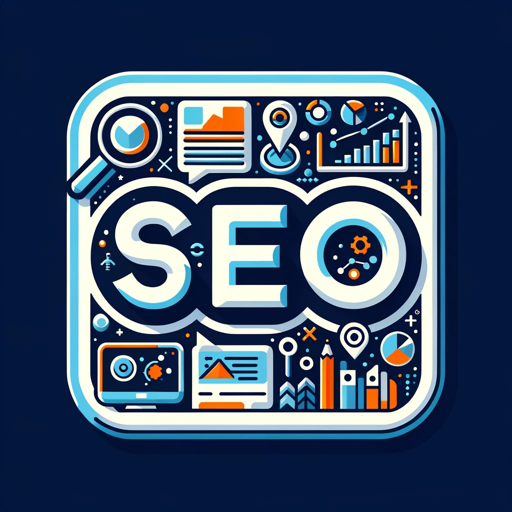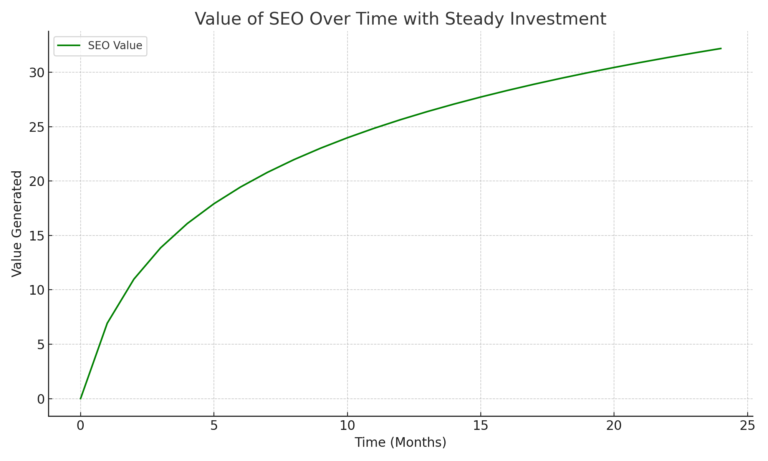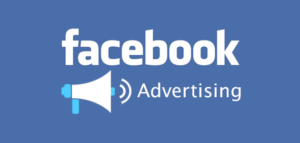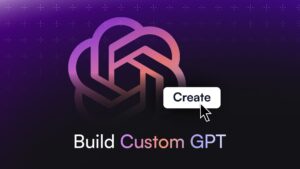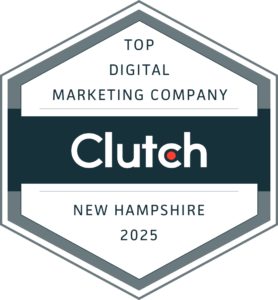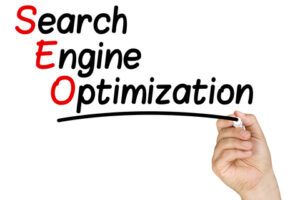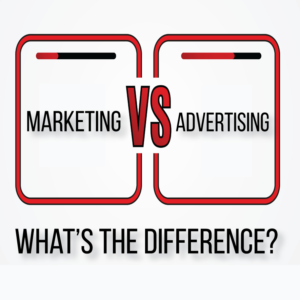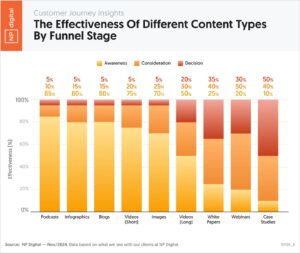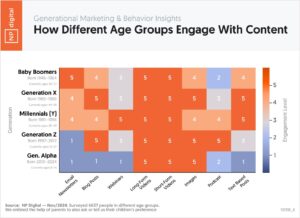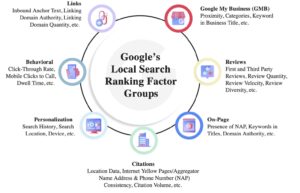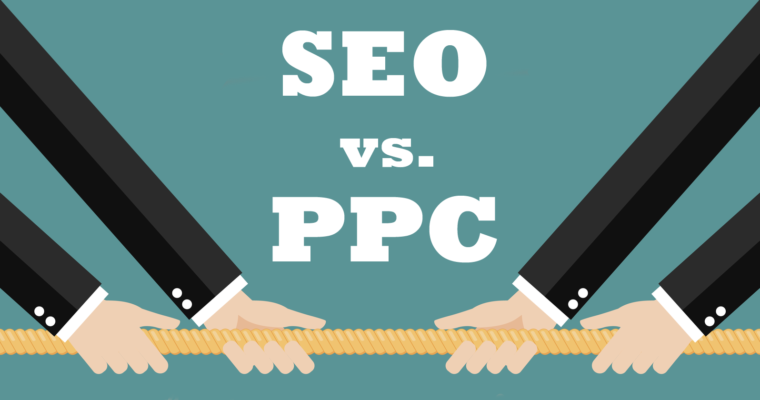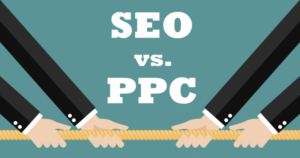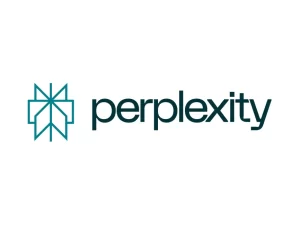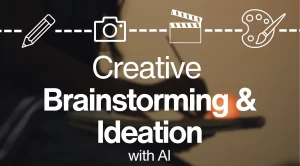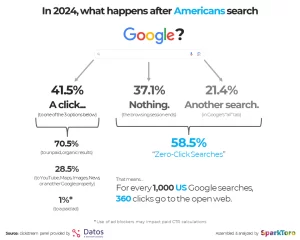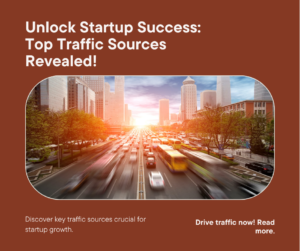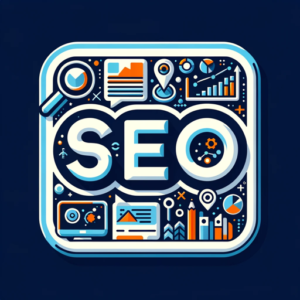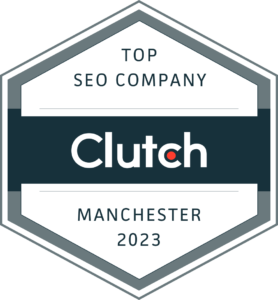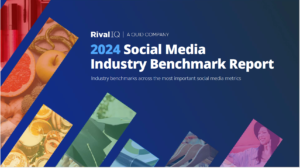The Five Most Important SEO Metrics
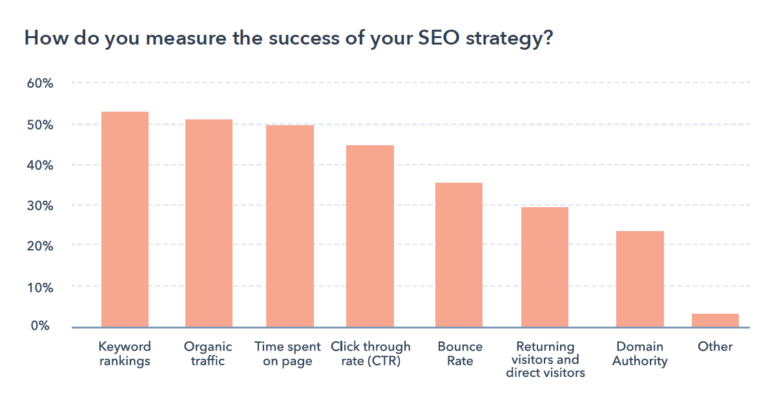
The Five Key SEO Metrics for Success
Conversions
At Braveheart Digital Marketing, we understand that our client’s ultimate goal is not just to improve website visibility but to drive tangible business results. That’s why our top SEO metric focuses on conversions – the actions that directly translate into leads and sales. Clients choose us because they know we’re focused on delivering bottom-line impact. Executives (the C-Suite) aren’t concerned with abstract rankings; they want to see how organic search efforts generate new business opportunities and how those efforts can be expanded for even greater success.
Organic Traffic
Website traffic is a fundamental indicator of our SEO success and our second most important organic search KPI. We constantly analyze if we’re attracting more visitors compared to previous periods. This focus on growth aligns with the C-Suite’s priorities – they want to see forecasts for future traffic increases and understand the strategies we’ll use to accelerate that growth. After all, more organic traffic creates a larger pool of potential leads and customers.
Growth in organic branded traffic
Revenue per Visitor
Expected Traffic per Page
Next Steps?
Recent Posts

Generative Engine Optimization (GEO)
Generative Engine Optimization (GEO): The Future of Search and How It Differs from SEO As digital marketing continues to evolve, search is undergoing a radical

Best Practices for Building a Brand Presence on YouTube
Updated Best Practices for Building a Brand Presence on YouTube (2025) YouTube continues to be a dominant platform for video content, offering businesses unparalleled opportunities

Best Practices for Building a Brand Presence on Instagram
Best Practices for Building a Brand Presence on Instagram (2025) Instagram continues to dominate as a platform for visual storytelling, brand development, and audience engagement.

Social Media Strategies
10 Proven Social Media Strategies to Dominate in 2025 In the dynamic landscape of 2025, mastering social media requires a strategic approach tailored to evolving

Definitive Guide To Building Your Brand Presence on Twitter
Updated Best Practices for Building a Brand Presence on X (2025) X (formerly Twitter) continues to be a powerful platform for real-time conversations, customer engagement,

Definitive Guide To Building Your Brand Presence on LinkedIn
Updated Best Practices for Building a Brand Presence on LinkedIn (2025) LinkedIn remains the premier platform for professional networking and B2B marketing, offering businesses unparalleled
